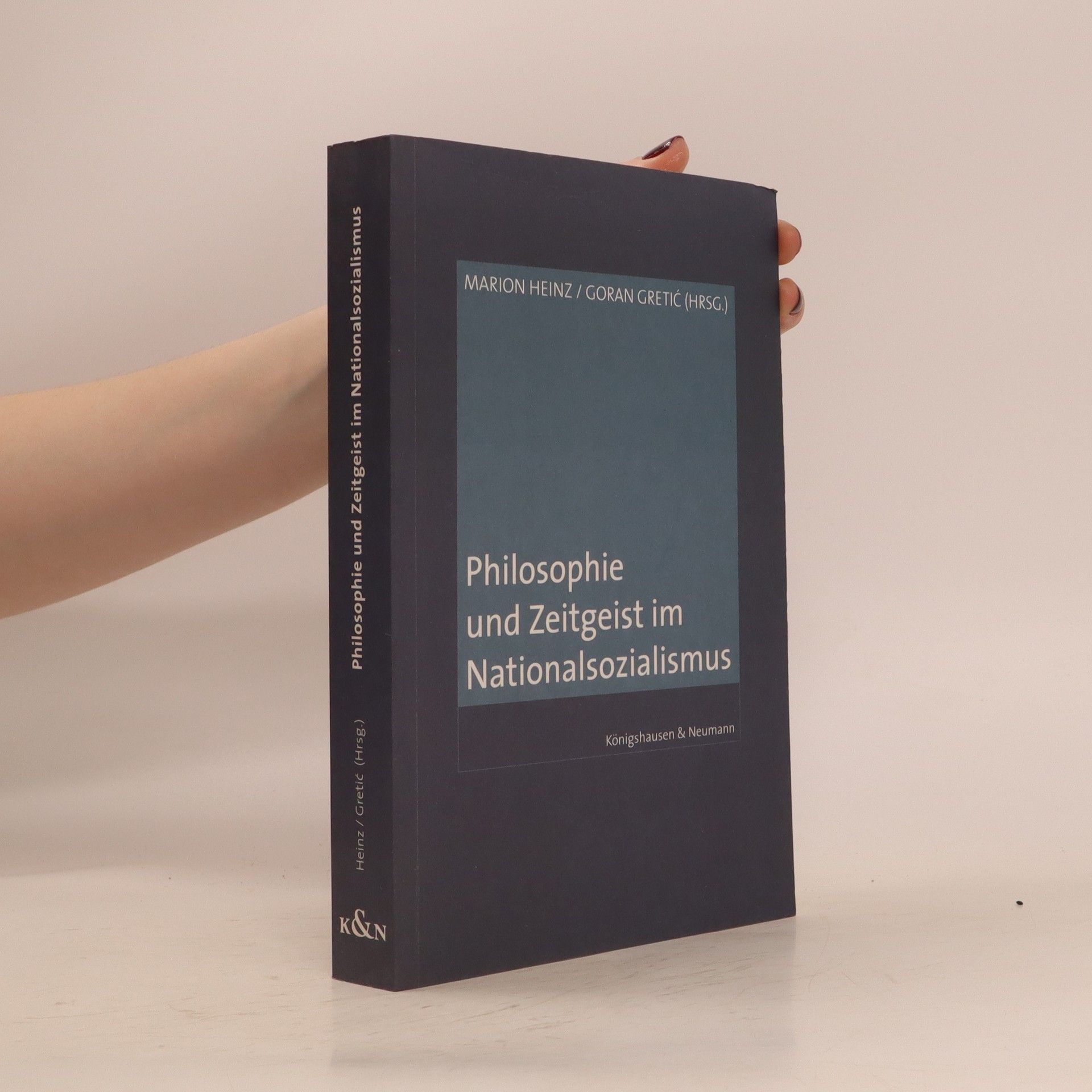Paramètres
En savoir plus sur le livre
The book explores the public perception of academic philosophy before and after 1933, examining approaches to the history of the humanities under National Socialism. It discusses the resonance of contemporary German philosophy in French philosophical journals between 1933 and 1945 and presents insights from the Reichsführer SS's security service regarding German philosophers, focusing on Austria. Critical theory and its analysis of National Socialism are also addressed, particularly through Herbert Marcuse's work on the fight against liberalism in a totalitarian state context. Cultural criticism is examined as an undervalued mode of reflection in modernity, alongside discussions of Carl Schmitt's interpretations and legal aspects of his philosophy in relation to Nazism. The internationalization of philosophy and political engagement from the experience of emigration is highlighted, particularly through the case of Raymond Klibansky and Karl Jaspers' transition from inner to outer emigration. The relationship between German philosophy and the zeitgeist is analyzed, along with methodological reflections on the intersection of philosophy and political power during National Socialism. The text critiques the Kantian approach in Bruno Bauch's ethics and explores the politicization of philosophy in Heidegger’s lectures. Finally, it addresses moral dimensions of crime, particularly concerning the Holocaust and its perpetrators.
Achat du livre
Philosophie und Zeitgeist im Nationalsozialismus, Marion Heinz
- Langue
- Année de publication
- 2006
- product-detail.submit-box.info.binding
- (souple)
Modes de paiement
Personne n'a encore évalué .


